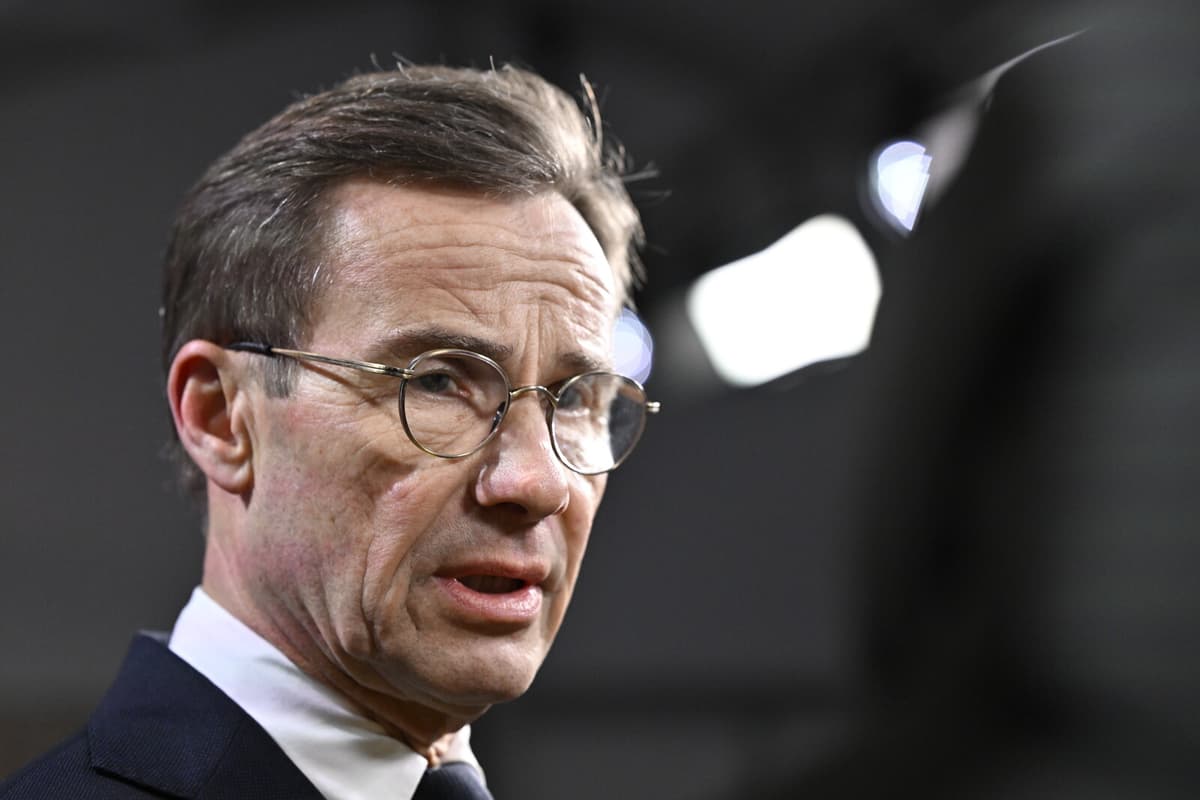The problems are due to "historical debts" according to Kristersson, who emphasizes that the government is working to build up the power system.
But it will be tough times, he says to the newspaper.
Energy Minister Ebba Busch (KD) calls it a "failed power system" in a post on the social media platform X:
"That's why we're doing everything to build up the power system again. The foundation for new nuclear power is already laid, we're protecting hydroelectric power".
The Social Democrats are critical
In late October, Svenska kraftnät introduced a new system for electricity transmission (flow-based capacity calculation), something that critics warned would lead to higher electricity prices. Whether there is any connection to the now skyrocketing electricity prices is hard to know, as no one is measuring it.
But it's very difficult to say that it can't be due to that, says Fredrik Olovsson, spokesperson for the Social Democrats on energy issues to TT.
The Social Democrats, along with several researchers, the energy industry, and the electricity-intensive industry, thought that the government should have paused the new system.
Most things suggested that it would lead to higher prices. And that it would be Swedish consumers who would lose and foreign actors who would win, says Olovsson
Busch has said that she would complain if the new system turned out badly. Now, there are many indications that it will turn out badly. And then I think she has reason to complain, he continues.
Sky-high electricity prices
He also hopes that the Swedish government, ahead of the proposal for new electricity price areas to be presented in January, will push for Germany to be divided into electricity areas. As it is now, the German electricity prices are sky-high, and this is leaking into southern Sweden.
Germany has quite a lot of production in the northern parts, and there the prices would be reduced with an electricity area division that handled its national imbalances, says Olovsson.






